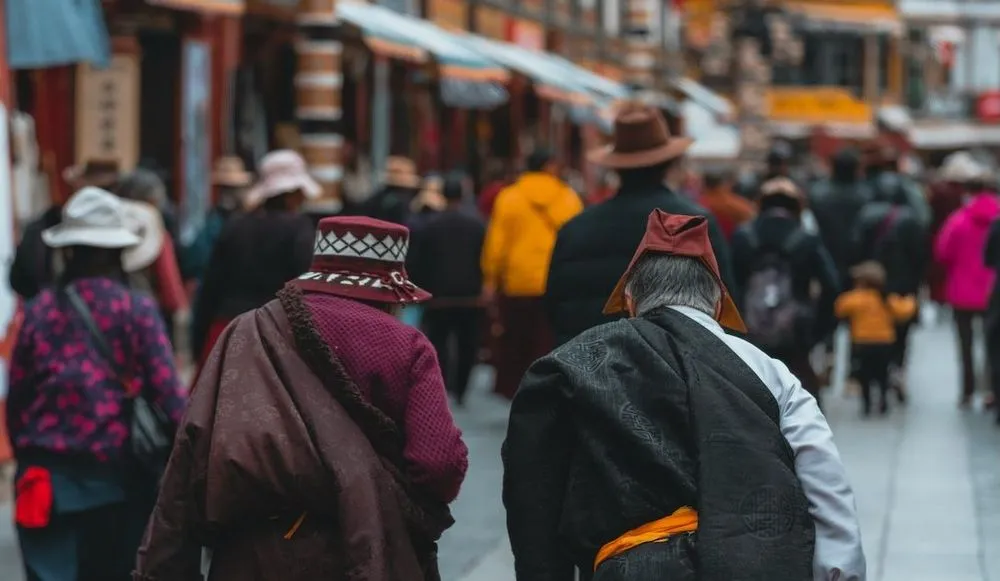Chinese police ensnaring Tibetans over phone and internet activity, Human Rights Watch says
More than 60 people in Tibetan areas of China have been arrested since 2021 for offenses connected to phone and internet use, according to the nonprofit Human Rights Watch.
The dozens of arrests — which are likely an undercount since the government does not publish data on such prosecutions or detentions — coincide with a tightening surveillance regime throughout Tibet.
“For Tibetans, simply using a cellphone has become dangerous, and everyday activities like posting a humorous video or contacting loved ones abroad can bring arrest, detention, and torture,” said Maya Wang, associate China director at Human Rights Watch. “Tibetans, particularly those living in remote areas, once celebrated the arrival of cellphones so they could stay in touch with friends and family, but their phones have effectively become government tracking devices.”
Many of the arrests have involved the possession of outlawed content on phones, such as material related to Tibetan religious figures. In 2022, the government banned the sharing online of all religious content not authorized by the government.
That year, a man was arrested for creating a WeChat group “without permission” of authorities to celebrate the birthdays of elder Buddhist monks.
People have also been arrested for the sharing of content on social media that promotes the Tibetan language and opposes recent policy changes to require the use of Mandarin in classrooms. They have also reportedly been detained for any correspondence with people outside the country, including family members.
Beginning in 2021, Chinese police reportedly began conducting mass phone searches in parts of Tibet, resulting in large-scale detentions for “political education.”
Authorities often scour residents’ social media in response to sensitive events, researchers said, such as protests in Sichuan province against the construction of a dam in 2024, when police reportedly searched WeChat and TikTok accounts for evidence of sharing videos of protests or of communicating with the outside world.
One alleged method for tracking the population is a compulsory app purportedly for combating fraud that Tibetans have been forced by police to download. The application was found by the Tibet advocacy research network Turquoise Roof to grant “access to sensitive user data or control over key device functionalities, allowing for highly invasive surveillance.”
The Chinese government has used similar intensive surveillance tactics on other minority populations that it considers a threat politically, like the Uyghurs in Xinjiang province.
Last week, Tibet’s government-in-exile called for a probe into the death of an influential 56-year-old Buddhist leader who reportedly fled to Vietnam last September to escape from authorities. Human rights groups allege he was arrested in Ho Chi Minh City in late March and died in Chinese custody three days later.
James Reddick
has worked as a journalist around the world, including in Lebanon and in Cambodia, where he was Deputy Managing Editor of The Phnom Penh Post. He is also a radio and podcast producer for outlets like Snap Judgment.


